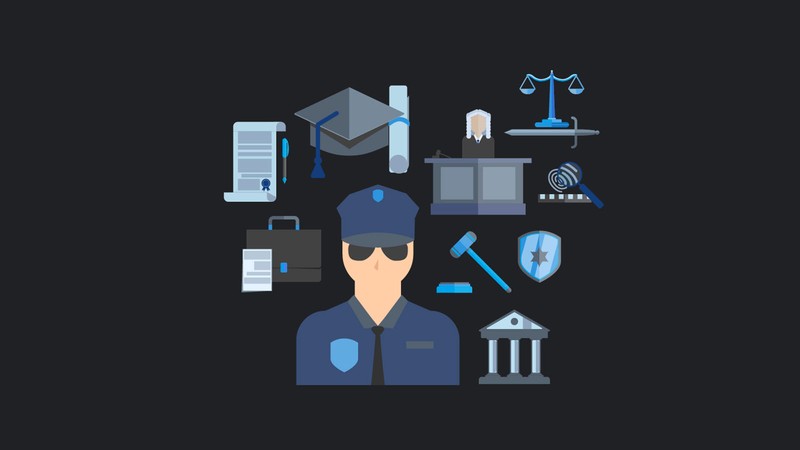The security guard is the first line of defense for a law firm. They are responsible for protecting the building, staff, and client information. They also have to be aware of any potential risks that can arise in the office and take immediate action.
The 4 responsibilities of a security guard in a law firm are:
1) Protecting the building
2) Protecting the staff
3) Protecting client information
4) Preventing potential risks
What is the Role of Security Guards in Law Firm Security?
Security guards are responsible for ensuring the safety of their clients, employees, and property. In law firms, security guards also act as a deterrent to theft and other crimes.
Security guards with lever action shotgun play an important role in law firm security because they can provide a physical presence and ensure that the premises are safe. They often work with other law enforcement agencies as well – especially when there is an active threat or crime in progress.
Security guards also act as a deterrent to theft and other crimes by being present on the premises. When they see someone suspicious, they can quickly contact security personnel or law enforcement authorities who will be able to respond quickly.
What is the Best Practices for Hiring a Security Guard?
When hiring a security guard, you have to consider the best practices. This includes understanding the process of how to hire a security guard and the responsibilities that they have.
Best practices for hiring a security guard:
– Hire only those who are in possession of an active license and are willing to work at your location.
– Avoid using personal recommendations as they might not be reliable in case of an emergency situation.
– Consider conducting background checks on potential candidates before hiring them.
Security Guard Responsibilities Part 1 – General Guidelines
Security guards are responsible for the safety and security of the law firm. They need to be vigilant and aware of their surroundings. When on duty, they should always be prepared with a list of emergency procedures and protocols that they need to follow when a situation arises.
Security guards must also understand their role in preventing crime, which includes informing their superiors about unusual events or suspicious activity. This is important because it allows them to take action before any criminal activity occurs.
The following are general guidelines for security guard responsibilities:
– Keep your eyes open at all times and know where your colleagues are at all times throughout the day
– Maintain good communication with other members of staff, especially if you are working in an office environment where people come and go frequently
– Be aware of your surroundings at all times while on duty
– Follow standard operating procedures (SOP) when working in a law firm environment
Security Guard Responsibilities Part 2 – Physical Surveillance
Security guards are often responsible for physical surveillance. They are given the responsibility of watching a specific area of the law firm and reporting any suspicious activity to their supervisor.
This is just one of the many responsibilities that security guards have in a law firm. There are other important responsibilities like ensuring that all the doors are locked and windows closed, ensuring compliance with fire safety regulations, and making sure that all employees have gone home before leaving for the day.
Security Guard Responsibilities Part 3 – Emergency Procedures
Here, we will discuss the emergency procedures that law firms should have in place.
Law firms face a variety of risks, ranging from fire and theft to natural disasters and terrorism. Because of these risks, it is important for law firms to have a comprehensive emergency plan in place.
The first part of the plan is to identify the different types of emergencies that could occur at your firm. For example, if your office is located near a busy street, you may want to include an evacuation plan for when there is an emergency.

